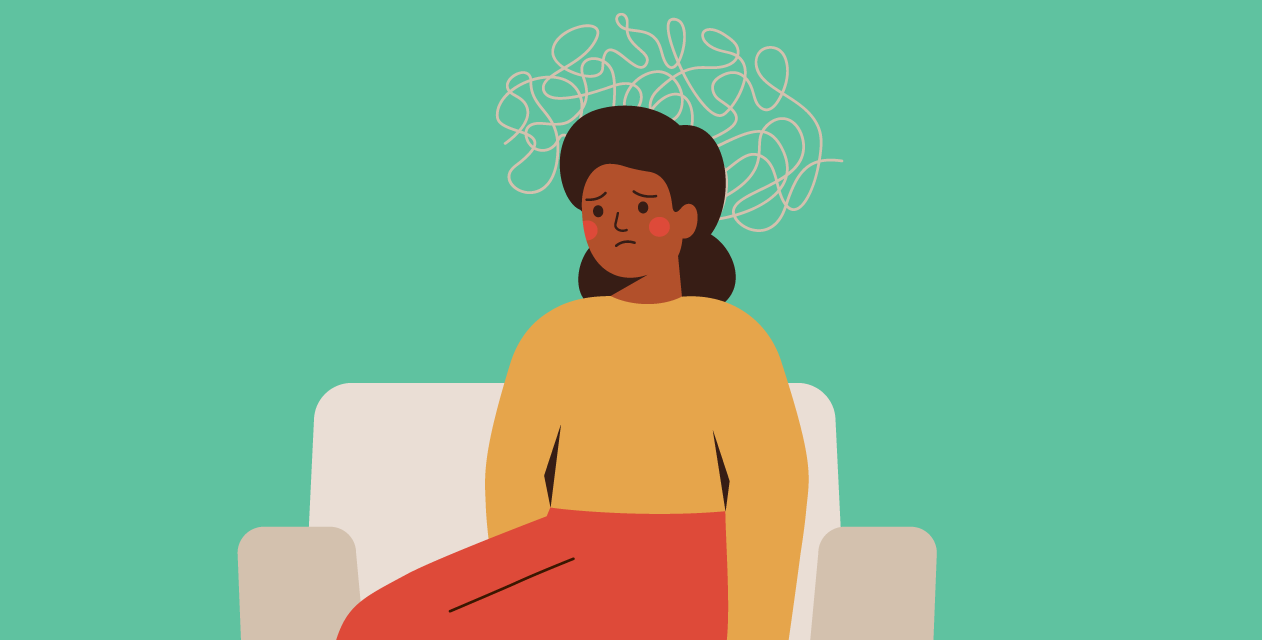Coping with grief
What is grief?
After someone close to you dies, you go through a process of grieving. Grief is a normal and healthy response to the loss of a loved one. For different people, grief will manifest itself in different ways, but all feelings are valid. Some of those feelings might include:
Sadness
This is the most common response to losing someone. You may feel overwhelmed by sadness and may find yourself crying a lot of the time.
Anger
It’s common to feel anger. You may feel anger at the situation or you may feel anger towards the person you have lost for leaving you.
Guilt
Sometimes the unfairness of the situation can lead to feelings of guilt, even when there’s nothing you could have done. It’s also common – especially when we lose people to suicide – that we blame ourselves for not doing more to prevent it.
Shock or numbness
In the early stages of losing someone, you might feel shocked or numb. You might wonder why you’re not crying or why you don’t really feel anything. This is our body’s way of protecting ourselves from grief and it often passes, making way for sadness or any of the emotions above.
Will I ever get over grief?
Grief and bereavement over a loved one takes time. We all go through the process in different ways, and often life becomes pretty tricky. But slowly life will become more bearable.
How long it takes depends on you and your situation. You may feel you never fully get over the loss but you’ll find a new normal, and we promise you, it’s possible to eventually enjoy life again despite your loss. Things you can do to support yourself during these difficult times…
- Talk to family or friends – Bottling up emotions will only lead to emotional problems in the future. It’s so important to talk to the people you trust about how you’re feeling.
- Try talking therapy – If you feel you need more support than what your friends and family can offer, or you feel like your grief is leading to depression, therapy could be a good option. Talk to your GP about getting the support you need or look online for therapy or group therapy specifically for grief.
- Do the stuff that makes you feel like you – You deserve to feel good again after what must have been a traumatic time. Try not to forget to do what makes you happy – whether that’s seeing friends, playing football, getting outdoors, or whatever else you enjoy.
Dealing with grief on important days
Important and emotionally loaded days like Christmas and your loved one’s birthday can feel like a kick in the teeth when it comes to coping with grief. Some things to bear in mind on these days…
Recognise how you’re feeling following a death
Take some time to think about how you’re feeling and acknowledge that as being ok. Even if you have to say to yourself out loud “I feel like utter crap”, that’s fine.
It’s up to you how you spend those days
You might have to follow your family’s plans on the day, but try and have a conversation with them beforehand so you’re all on the same page. This could be a good chance to get together and celebrate your loved one’s life. But equally, you might prefer to distract yourself with good company or an engrossing film.
Helping a friend who has lost someone
Don’t be scared to talk to them about how they feel when they’re going through grief and bereavement, and to say that you are sorry for their loss. Let them know you’re there for them if they want to sound off angrily, cry on your shoulder, or get out to do something to distract themselves for a while. Try not to avoid them unless they ask for some space, this may make them feel worse than they do already, and it’s a time when they need to know who their friends are.

